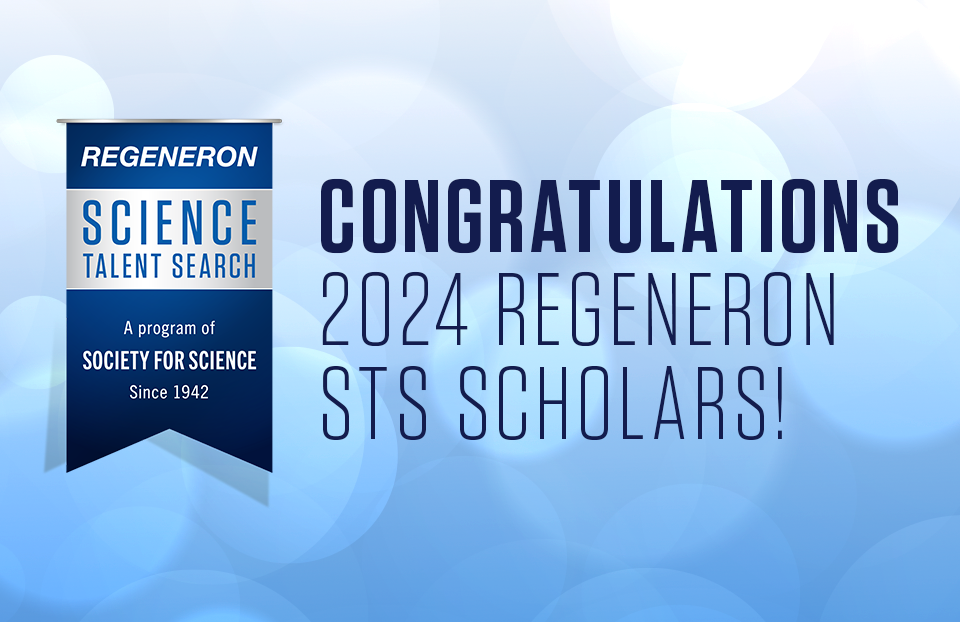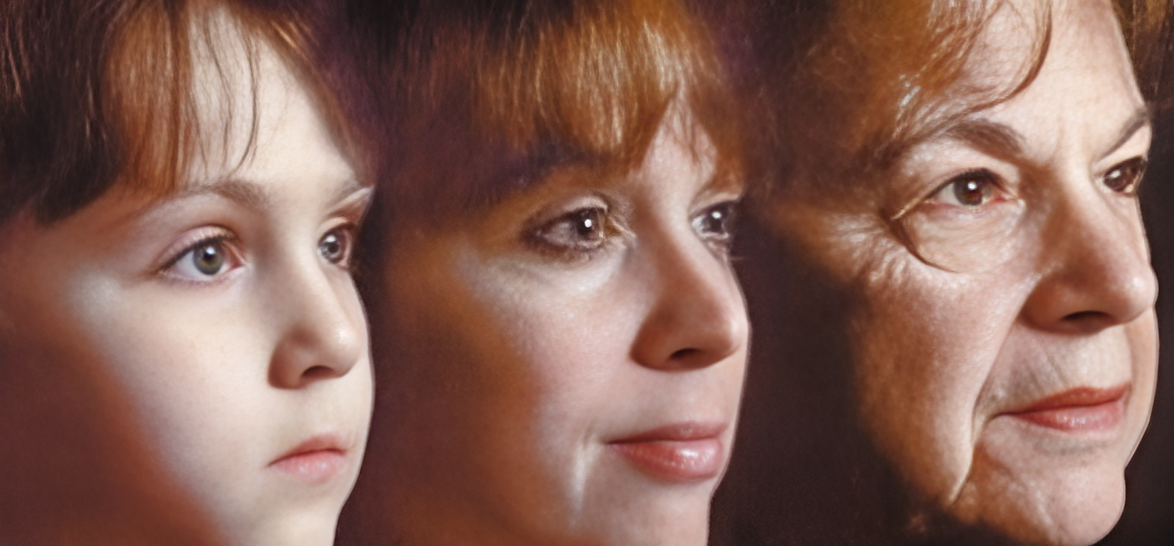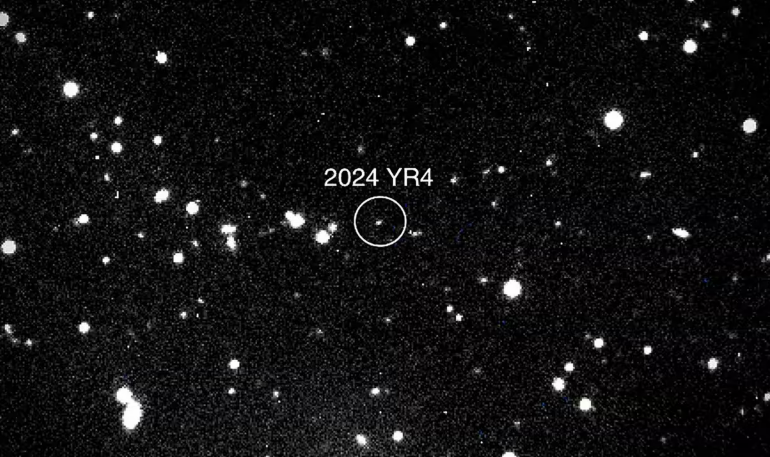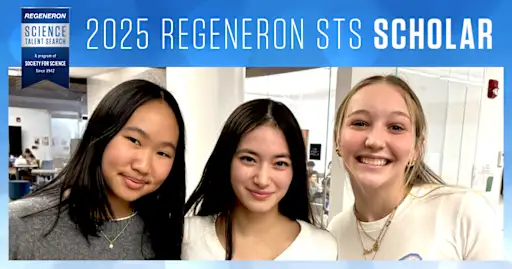The Regeneron Science Talent Search (STS) is the nation’s oldest and most distinguished science research competition for high school students. Each year, seniors of the Horace Greeley Science Research Program apply to this competition that identifies future leaders in STEM. This year, Greeley is honored to have a recipient of the top 300 STS award: Anwen Cao, awarded for her research on the Epstein-Barr virus (EBV).
The Epstein-Barr virus is a human herpesvirus affecting 90% of the world population. The virus may change an individual’s DNA, and viral traces remain in the body’s cells while the immune system generally cannot detect the virus’s presence. What initially intrigued Cao about the virus was that many people can carry it for the entirety of their lives, but will not show any kinds of symptoms. Cao was also curious about the severity of the virus in contrast to the somewhat dormant side, explaining that, in some cases, “the virus can be reactivated under immune stress, leading to other viruses, including neurodegenerative diseases, coronavirus, and mononucleosis.” Essentially, this disease plays a large factor in the development of common viruses, but can often remain dormant in the body. This contrast between the severe and dormant effects of the virus was a leading factor in beginning her research.
To start on her project, Cao derived a question from a section of her mentor’s lab work. In the process of researching, designing her experiment’s methodology presented the largest challenge, as it was difficult to determine which proteins to express to get different results.
Cao’s initial research focused on very small embryonic-like stem cells (VSELS) in the immune system, which assist in regenerating and rejuvenating tissue in the human body. After matching with her mentor, whose lab was focused on Epstein-Barr virus research, Cao looked more at the virus, gauging her interest and shifting her research solely towards the EBV. Cao noted that, “research is not linear and students may begin researching one thing, but end up with a completely different topic for their final project.” Cao’s mentor played a large role in narrowing down her research topic. “My mentor has been a huge supportive factor in my life and has taught me the baseline of inquiry and how to explore different lab techniques,” she shared. For her, finding a supportive mentor not only helped her direct her research, but Cao also explained, “I now know I want to spend the rest of my life teaching and working in the research field because of my mentor.”
Through Greeley’s Science Research Program, all students are required to submit their research project to the Regeneron STS competition. The application process is extremely thorough: “Applying to [the] Regenergon [Science Talent Search] is basically like applying to another college—but kind of more rigorous,” Cao explained. Throughout their last months of junior year and first months of senior year, students typically spend their time compiling five essays based on their summer lab work for the STS applications. The senior class each year is able to bond over this intense process of applying to the Regeneron STS competition. As Cao explained with laughter, “The week before submissions were due, we were all on Zoom with our teacher each night, stressing about everything together.”
In early January, Cao received the news that she was awarded as a Top 300 STS Scholar. “I was so honored that they saw my work as meaningful for this award,” she exclaimed. The STS competition had more than 2,000 entries, making Cao’s award a great accomplishment. She also shared how other science research students were incredibly supportive of her achievement; she received congratulatory texts from her peers before she even reviewed the news herself that she was a Top 300 STS Scholar. Ultimately, the Greeley Science Research Program has been a supportive community for Cao and has shown her and other students that research can help change lives.







